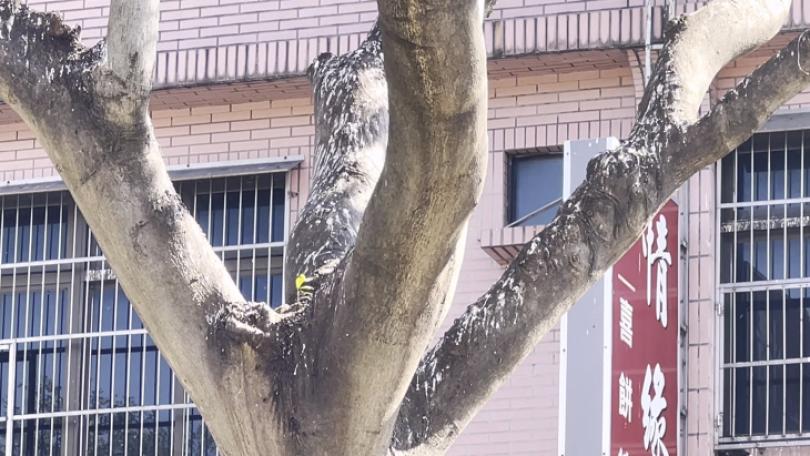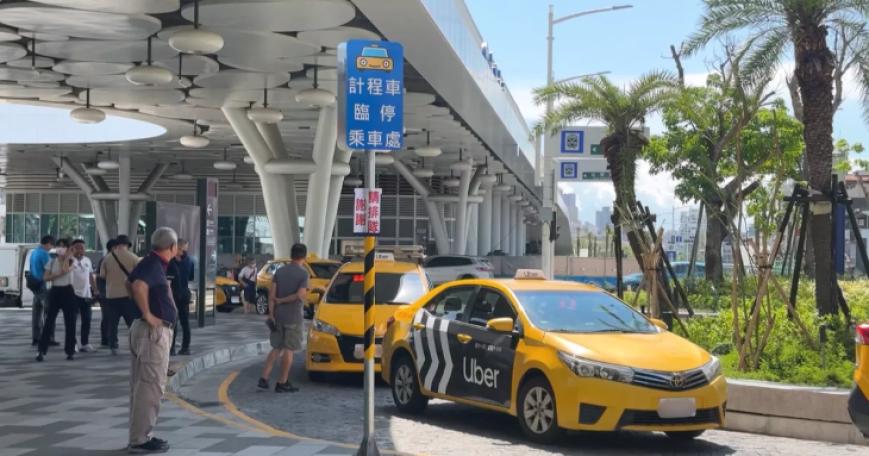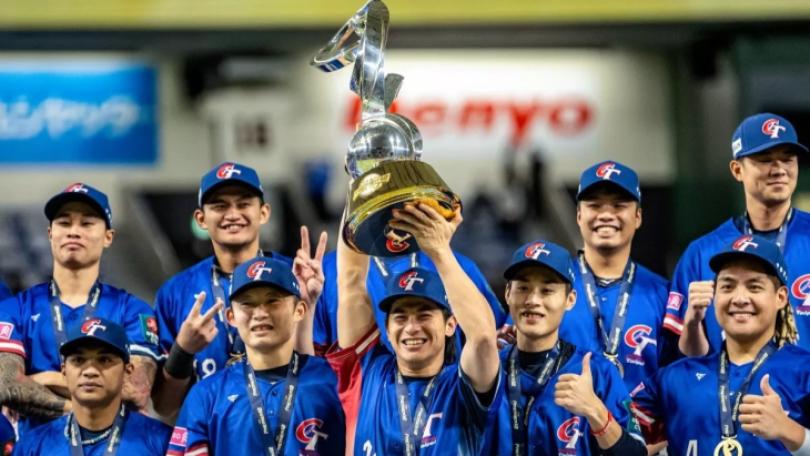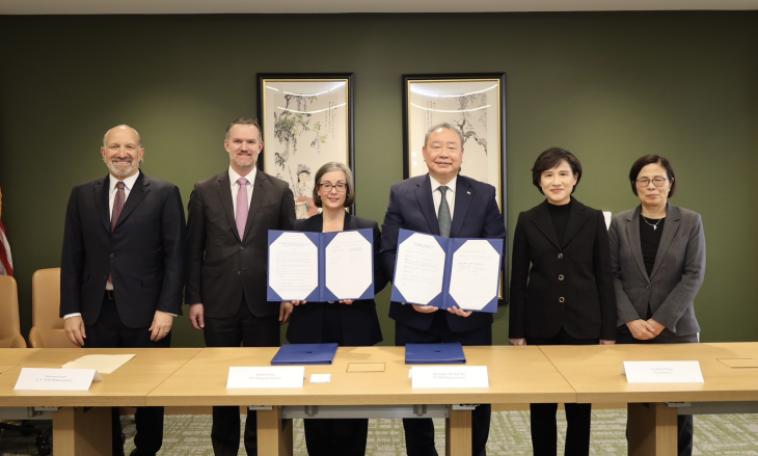TAIWAN DISABLED HOPE FOR JAPAN-TYPE SUBSIDIES|借鏡日韓 台身障者遊行促完善"個人助理"服務
發布時間:
更新時間:
On June 5, some social welfare groups marched from Ximending to the Executive Yuan, and visited Minister Without Portfolio, Lin Wan-yi, hoping that Taiwan can use Japan and other countries' models, and provide available funding sources for personal care givers to reduce the burden on families.
People in wheelchairs in the busy Chungxiao West Road, move slowly forward. For the average person, getting out of the home is normal, but those with disabilities face many obstacles, when they want to going out shopping or watch movies, and mostly have to rely on others. In Taiwan, funds for a personal carer are only available for 60 hours a month or, an average of 2 hours a day, so that they feel, this time is not enough to get up, washed and dressed, let alone go out.
==LIN CHUN-CHIEH New Vitality Independent Living Assn.==
If you want to go out meet friends go shopping or go to work, it is very difficult as we don't have enough staff to help, so even just to go out of the door and buy something is a challenge, we can't make friends with people like most do, go to work or take a bus, there are no complete measure in place for us to do this.
To raise the maximum number of individual assisted hours, they would like to follow the Japanese model, and hire an assistant funded by government subsidy. On June 5, disabled groups went to the Executive Yuan, and discussed the issue with Minister Without Portfolio, Lin Wan-yi. Disabled people from Japan and South Korea came along to support the groups. Each of these brought 1 to 2 personal carers to help, which was envied by Taiwan's disabled people.
==JAPANESE CARER==
For a personal carer, a disabled person can decide themselves what they want to do, for example if they want to see a movie, but if its a family member, they need to see if it is convenient for the family member to do this.
Japanese regulations also allow those with very severe disabilities, to apply for 24 hours and 3 shifts of service, and a Japanese carer said the wages for carers are similar to those for hospital nurses. Disabled groups spoke with Lin for three hours and hoped that the government would not just give funds to care institutions and ignore the substantial needs of the disabled.
TRANSLATED BY:CLARE LEAR










